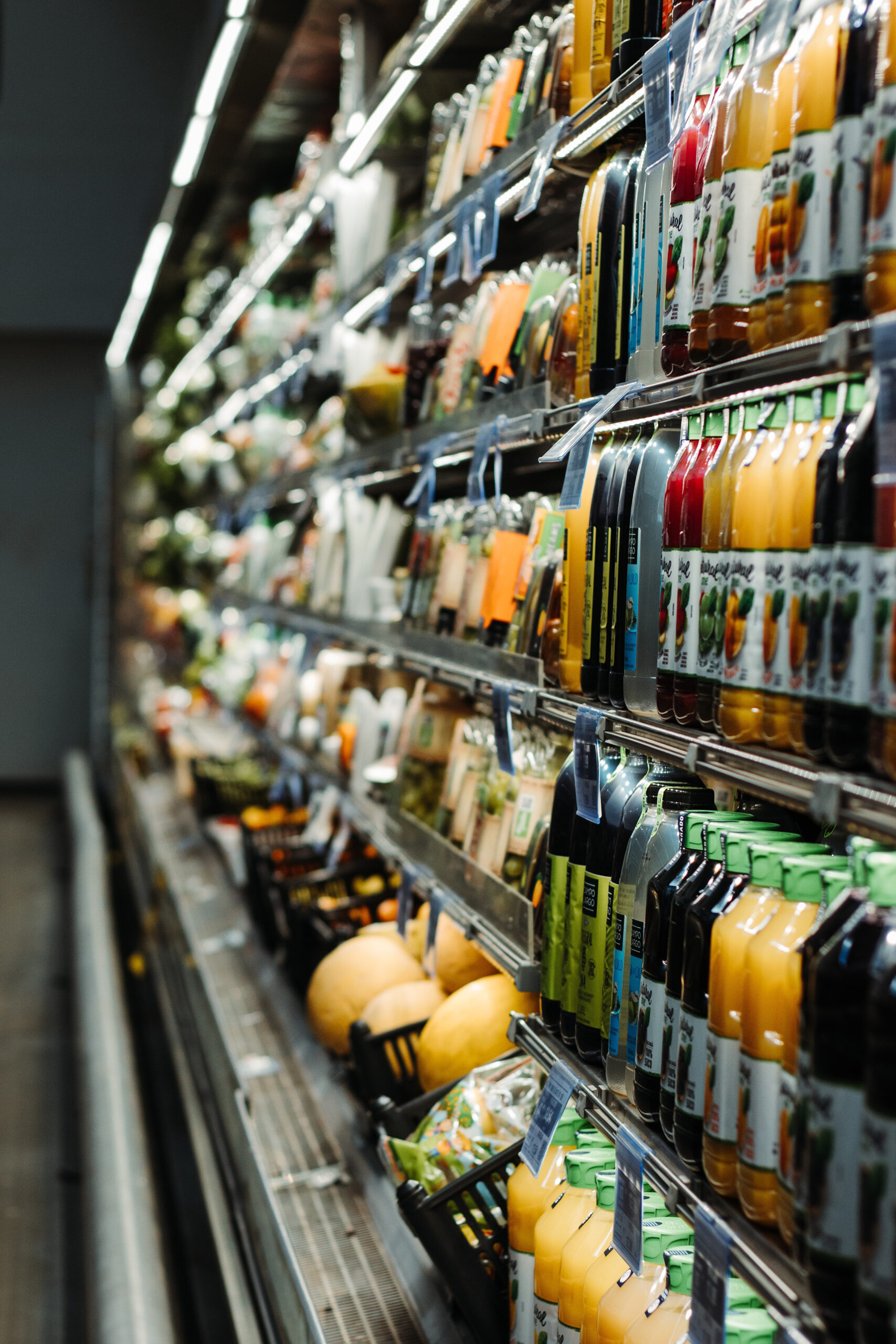More than half of us (52%) are making purchasing decisions based on brands’ eco-credentials, and one in five of us (21%) have consciously stopped buying a particular brand or product because of concerns over its impact on the environment, according to a new study.
Concerns over sustainability are at their peak when it comes to the weekly shop, with 36% of shoppers saying they’ve no longer bought a food and drink brand due to its lack of eco-credentials, and 33% doing so for household essentials. In addition, 15% of shoppers have even stopped buying from a home electronics company over these concerns, while 12% of shoppers have stopped buying from a particular sportswear or furniture brand.
The findings come from a survey of 2,000 UK adults by media agency Hearts & Science through YouGov, commissioned for the agency’s latest Forces of Change report, a study into the growth of conscious consumerism.
Simon Carr, Chief Strategy Officer at Hearts & Science, said:
UK shoppers are already voting with their wallets when it comes to eco-friendly products. It’s not just that they’ll choose brands that have the best green credentials, but they’ll actively stop buying those that don’t.
“Brands are having to be smarter about demonstrating their concern for the environment and can no longer get away with paying lip service. Savvy consumers want to see evidence that their shopping habits aren’t hurting the world around them, or they’ll go elsewhere.”
Overall, more than half of shoppers (52%) said they thought a brand’s sustainable/eco-friendly credentials were important when choosing what products to buy – again rising to 65% for household essentials and 62% for food and drink.
A fifth of respondents (22%) said they regularly choose eco-friendly products over less sustainable equivalents and 48% said they do so sometimes.
The study also found that people are making an effort to be more eco-friendly in how they shop: more than half (55%) use their local high street to avoid transport emissions, and around one in ten (9%) now shop at zero-waste/refill stores.
However, there are several categories where many shoppers have no idea if their purchasing choices are eco-friendly products or not: 22% of cosmetics/skincare and DIY consumers, 18% of sportswear purchasers and 19% of those buying fashion admit that they have no idea how much of their spend goes on eco-friendly products.
Garrett O’Reilly, Managing Director of Hearts & Science, said:
There is now a groundswell of support towards sustainability among consumers. If brands fail to address this, they are failing their customers and society more generally.
“It’s not idealistic to be green: it makes good business sense. Mark Carney, the former Governor of the Bank of England, has said that firms ignoring the climate crisis will go bust. It’s the progressive companies that will be able to step in to take their place. The question should then be, what more do businesses risk if they don’t embrace sustainability?
“Going green doesn’t necessarily mean sacrificing profits for the planet. It isn’t necessary to alienate any customers that may not share your views on sustainability. Strategies to ‘normalise’ green purchasing behaviours can be as simple as making sustainable options the default or putting a premium on those with more packaging. Setting a green agenda doesn’t have to be a great leap when small nudges can achieve just as much.”
Find out more about Hearts and Sciences at www.hearts-science.com

